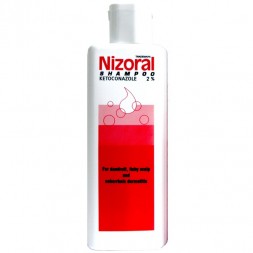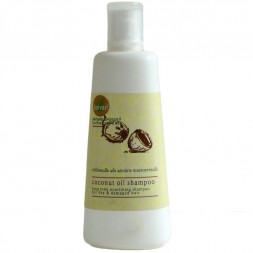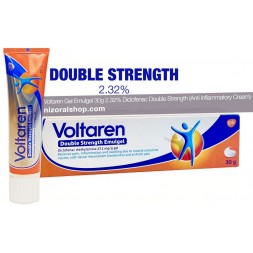There are many solutions out there to relieve muscle pain and back aches. Some of them do work. Others aren’t really that effective. So, what does it take to create the best anti-inflammatory cream?
First of, let’s point out that price is not the main factor determining the quality of anti-inflammatory products. As a matter of fact, it appears difficult to rank those items by price, as the cost encompasses a number of independent variables. The best example to illustrate the effect of price fluctuation is Manny Pacquiao, professional boxer, who used an anti-inflammatory cream to treat leg cramps that affected his training sessions. It was mentioned that he purchased a small tube that costs $1,800. The reasons why the final price tag is so high lies in the fact that Manny Pacquiao doesn’t have health insurance in the U.S. and that his team bypassed the prescription drug system, asking directly to buy the steroidal cream under USADA (United States Anti-Doping Agency)’s watch. As a result, Manny Pacquiao’s health provider made a huge profit margin selling him the cramp reliever tiny tube. For information, steroidal anti-inflammatory creams that contain corticosteroids such as prednisolone cream go for less than $90..jpg)
What matters the most in pain reliever creams for muscle strains and back pains is the active ingredient found in topical solutions. Even though some might use steroidal drugs that are used as masking agents for other steroids, non-steroidal anti-inflammatory creams are known for their effectiveness in relieving muscle pain.
Topical drugs containing Diclofenac as the active ingredient are considered as the best anti-inflammatory creams for pains and inflammatory disorders because they easily penetrate the inflamed area to stop it from swelling. Topical solutions like Diclofenac gels tend to work best, as the gel is better absorbed by the skin.
Check out our last news: Vitamin B6 Deficiency, Dosage, Uses, Sources, Functions
Related articles that may interest you: Voltaren Gel Side Effects
Voltaren Gel for Free!
Always seek the advice of your physician or other qualified health provider with any questions you may have regarding a medical condition. The material appearing on this page is for informational use only. It should not be used as a substitute for professional medical advice, diagnosis or treatment.





